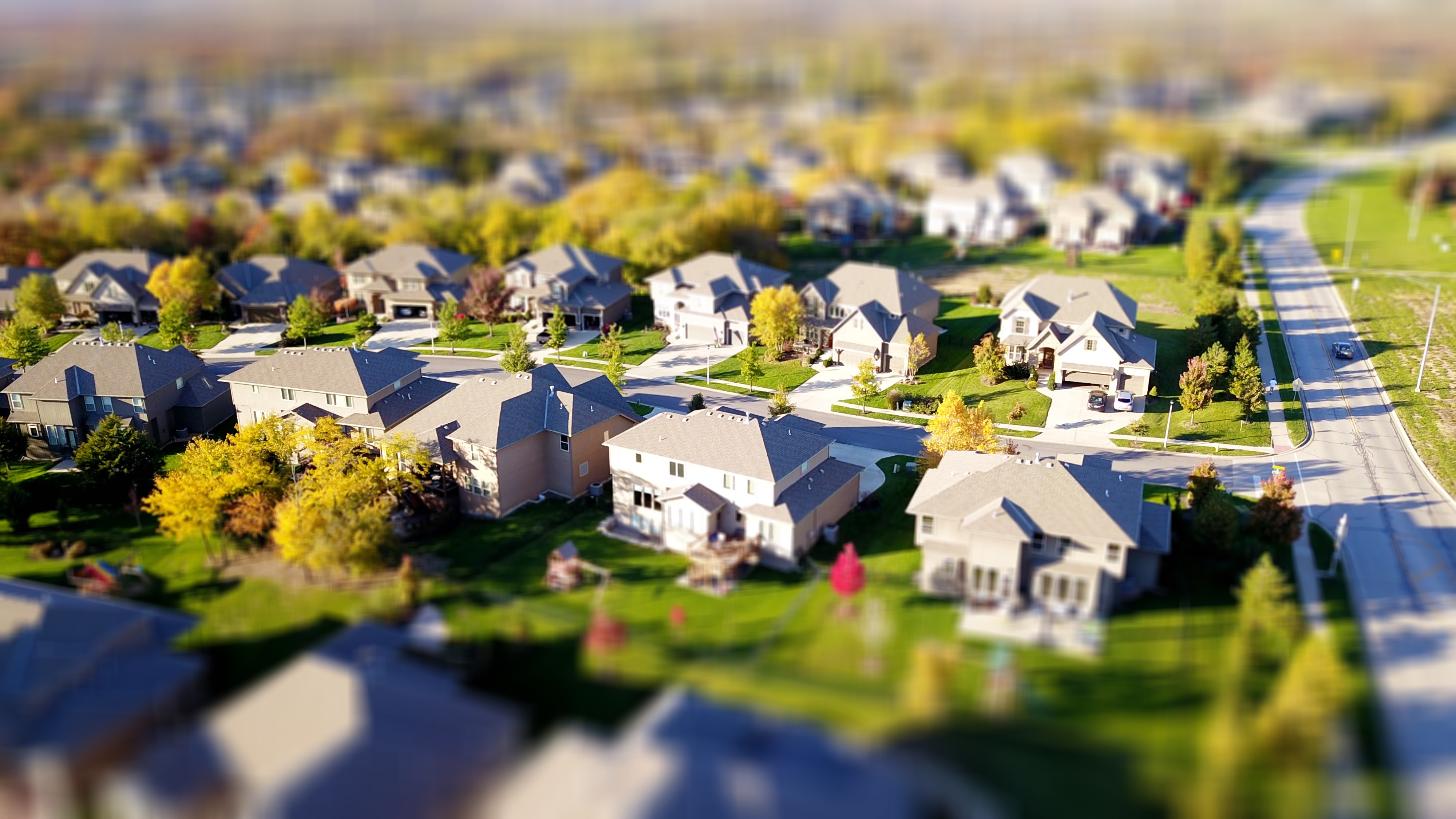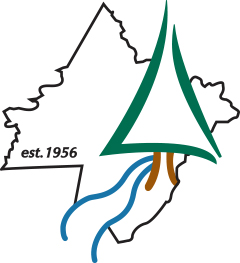News

Conservation Design
Protecting the natural resources without thwarting the progress of economic growth and development is a persistent question in the world of conservation and resource management. One of the ways that can be done is through the concept of Conservation design.
Conservation design is a land use tool that can play a vital role in accommodating economic growth while protecting land and water resources. This strategy first protects the natural features of a particular piece of land and then allows for the flexibility to place the development. Three of the general concepts that make up Conservation design include minimizing disturbed areas such as soil and trees, maintaining natural hydrologic cycles, and protecting water quality.
Minimizing earth disturbance means limiting the area of earth that is disturbed, maintaining riparian buffers along streams and other surface water resources, and ensuring parking lot and building envelopes are as compact as possible. By minimizing earth disturbance, you are working with the existing topography of the site rather than making the site fit the project. This means you use the water onsite as a resource rather than a waste product. Also, when developing and building you could save thousands of dollars in building costs.
Maintaining natural hydrologic cycles means limiting the amount of change in the natural movement of water through the environment. This includes maintaining natural drainage patterns, minimizing impervious areas, and providing opportunities for groundwater recharge. Stormwater runoff is all of the water that accumulates and moves over the land during and after a storm or snow runoff. Runoff is a significant issue when dealing with many steep slopes and soils, which are adverse to infiltration in Pike County. Controlling net increases in stormwater runoff volume that occur as a result of the development, is a key to preserving surface water quality in the surrounding watershed.
Protecting water quality is a key component to conservation design and the mission of the Conservation District. Our water quality is what makes Pike County unique, and by preserving it, we can help not only the environment but also the local economy. A development project that is devised using conservation design fully evaluates water quality preserving options. This includes alternatives to stormwater discharge, utilizes low maintenance, non-structural stormwater controls and limits landscape areas that require water intensive maintenance and chemical dependence.
Conservation design strategies can also assist land developers and/or permit applicants in meeting regulatory requirements relating to erosion control, antidegradation, and NPDES Permits for Stormwater Discharges from Construction Activities. Pike County Conservation District supports incorporation of conservation design practices and sustainable development principles into all applicable District plan reviews, permit actions, regulatory comments and other technical assistance activities.
Conservation design not only allows for successful development, it bolsters the output. For developers it has been demonstrated that a conservation design subdivision typically cost less per lot to build than traditional subdivisions. This reduction in costs would include reduced infrastructure costs for roads and utilities, reduction in land clearing and grading, and often reduces the need for the construction of large stormwater basins. These designs typically sell more quickly and for a higher per lot profit. For homebuyers it includes a higher quality of life by living in a home with a more aesthetically pleasing views, lower lawn maintenance costs, and a home that tends to appreciate with a higher resale value have all been identified.
Through conservation design, natural resources can be guarded without their protection impeding local development. Working with the resources that are already in place can provide an economic benefit to those implementing this concept. Conservation design ensures that progress can flourish while we continue to preserve Pike County as a rare bastion of outstanding water quality and resources.
For additional benefits of Conservation Design please click here.
(1) Mohamed, Rayman, “The Economics of Conservation Subdivisions: Price Premiums, Improvement Costs and Absorption Rates” 41.3 Urban Affairs Review 376-399 (Jan. 2006).
